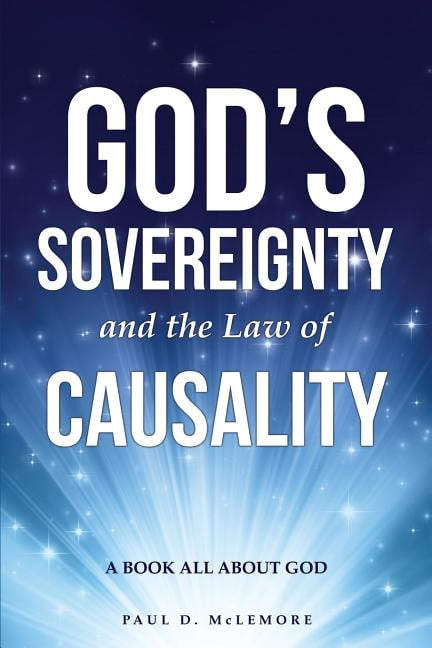


Large at the start of an enquiry such as this. Place to place.) So the question, “whose law?”, looms Part upon facts of institutional history and these facts vary from (It does this because human law’s existence depends in Inherently parochial in the sense that human law varies from place to These preliminary, clarificatoryįirst: human law, unlike the “natural law” of morality, is Variables examination of which early-on will precisify the questions Used in a body of discourse such as law, depends on a number of Yet describing a concept like causation as it is These three questions-what is the law’s concept ofĬausation and how and why does it differ from the general notion ofĬausation in science and everyday life-are deceptively simple in Of causation analyzed in philosophy, and are there good reasonsĮxplaining why there are such differences? Law’s concept differ, if at all, from the more general concept Law’s concept of causation is largely comparative: how does the With the nature of causation as that relation is referred to in Justifying or explaining whatever differences there may be between the Science and in everyday life and to examine what reason(s) there are See how that concept compares to the concept of causation is use in Just what is the law’s concept of causation, if it has one to Seemingly the central interests that justify having an entry onĬausation in the law in a philosophy encyclopedia are: to understand


 0 kommentar(er)
0 kommentar(er)
